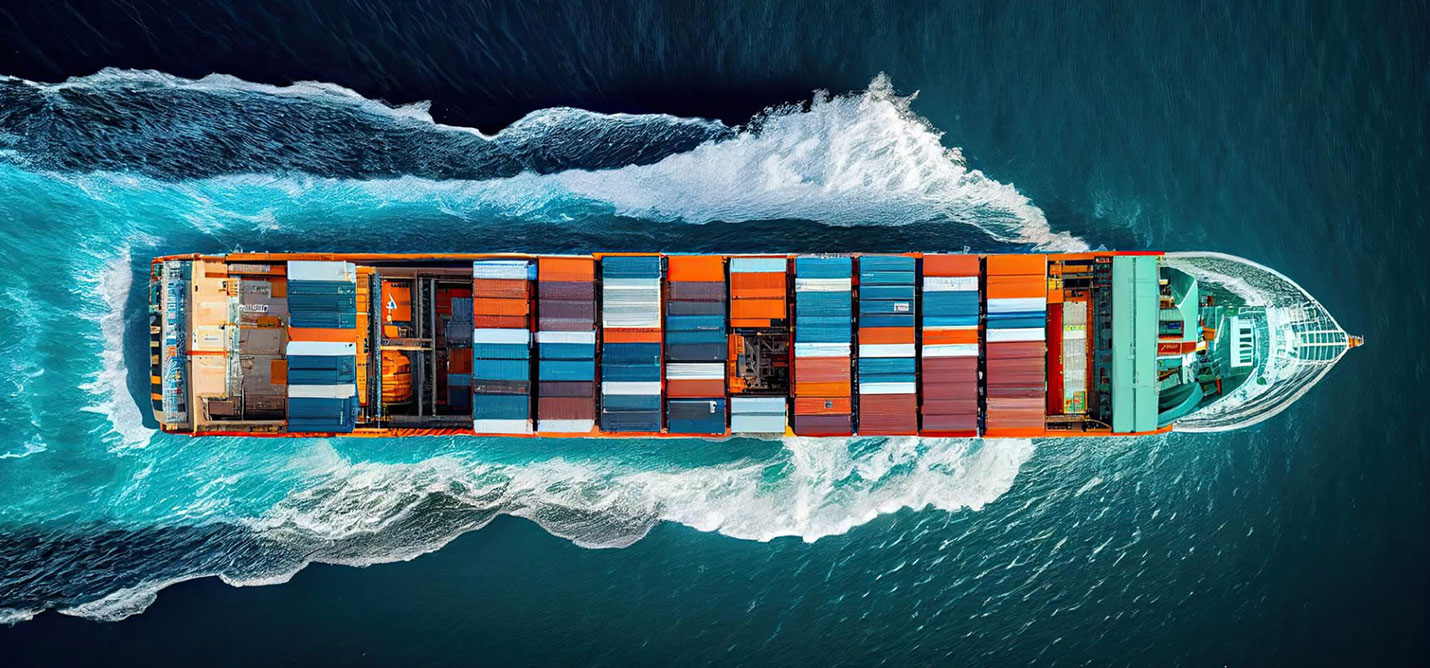
1. Definition
An Export Processing Enterprise (EPE) is a business entity primarily engaged in manufacturing goods for export. These enterprises are typically located within designated export processing zones and benefit from various regulatory and tax incentives designed to promote export activities.
In contrast, a Non-Export Processing Enterprise (Non-EPE) refers to businesses that operate outside export processing zones and are not obliged to focus on exports. They often serve both domestic and international markets and are subject to more general business regulations.


2. Key Comparisons
Despite their differences, both EPEs and Non-EPEs share common legal responsibilities. They are recognized as lawful entities under Vietnamese law, required to register their business, and must adhere to regulations related to taxation, labor, environmental standards, and other statutory obligations.
However, they differ in several operational aspects:
Business Scope:
EPEs are export-oriented and specialize in producing goods exclusively for foreign markets. Non-EPEs, by contrast, enjoy greater flexibility as they may distribute products both domestically and internationally.Tax Incentives:
EPEs benefit from various tax incentives, including exemptions or reductions in import duties, Value Added Tax (VAT), and Corporate Income Tax (CIT). Non-EPEs may still receive CIT incentives, depending on their location, sector, and applicable government policies.Customs Procedures:
EPEs benefit from prioritized and streamlined customs processes. Non-EPEs follow simpler customs procedures but do not receive special incentives.Infrastructure:
EPEs often receive infrastructure support within export processing zones. Non-EPEs are responsible for independently developing their infrastructure.Management Regulations:
EPEs must comply with specific and often more stringent regulations governing export processing zones. Non-EPEs adhere to the general legal framework applicable to all Vietnamese enterprises.Operating Costs:
Due to investments in advanced technology and infrastructure, EPEs often incur higher operational costs. Non-EPEs may have lower costs but also lack access to special support and incentives.Business Flexibility:
EPEs face challenges in accessing the domestic market, whereas Non-EPEs can sell products within Vietnam without significant restrictions.Headquarters Location:
EPEs are generally located in export processing or industrial zones. Non-EPEs can be established in any legal location without specific zoning requirements.Domestic Sales:
EPEs wishing to sell in the domestic market must undergo a formal purpose conversion process and pay all applicable taxes. Non-EPEs are free to sell within Vietnam without such procedures.Conversion Capability:
Transitioning from an EPE to a Non-EPE involves complex administrative steps, including customs reporting and the settlement of previously exempted taxes. In contrast, Non-EPEs may apply to become EPEs if they meet regulatory conditions and receive approval.Legal Compliance Challenges:
EPEs face higher compliance risks, especially related to inventory management and customs reporting, which may result in tax clawbacks or administrative penalties. Non-EPEs, while still required to meet all business and tax obligations, generally encounter fewer legal complications in customs matters.
In summary, Export Processing Enterprises are ideal for companies focused on export operations and looking to capitalize on tax and regulatory incentives. Meanwhile, Non-Export Processing Enterprises offer greater flexibility for businesses targeting the domestic market and preferring simpler operational procedures.
